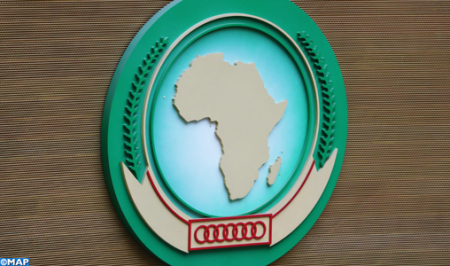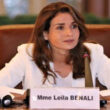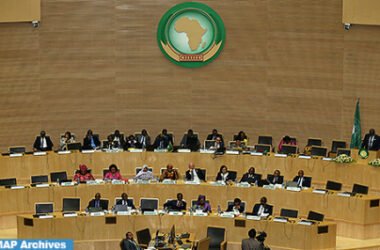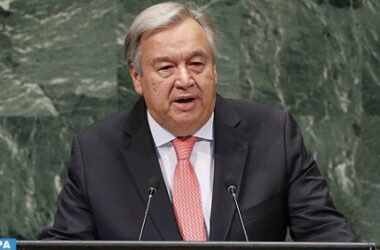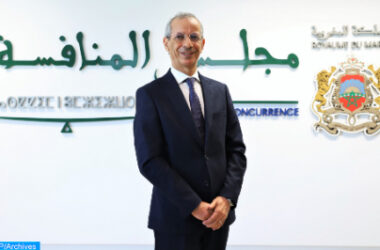This decision was taken while Algeria and its acolytes had maneuvered to adopt a document concocted in order to allow a broad participation in all summits of the African Union partnerships, in flagrant violation of the decisions of African Heads of State framing this participation.
The firm reaction of a large number of African countries, including Morocco, aborted this maneuver.
Indeed, despite the tendentious actions of a few countries, the Executive Council of the African Union decided to refer the examination of this draft strategy to the deliberative bodies of the Union, in close collaboration with the African Union Commission, including on issues of participation and classification of partnerships of the African Union.
The Executive Council of the African Union continues Thursday in Addis Ababa the proceedings of its 42nd ordinary session with the participation of Morocco, in preparation for the Summit of the Union scheduled for February 18 and 19.
Morocco is represented at this session by Minister of Foreign Affairs, African Cooperation and Moroccan Expatriates, Nasser Bourita.





